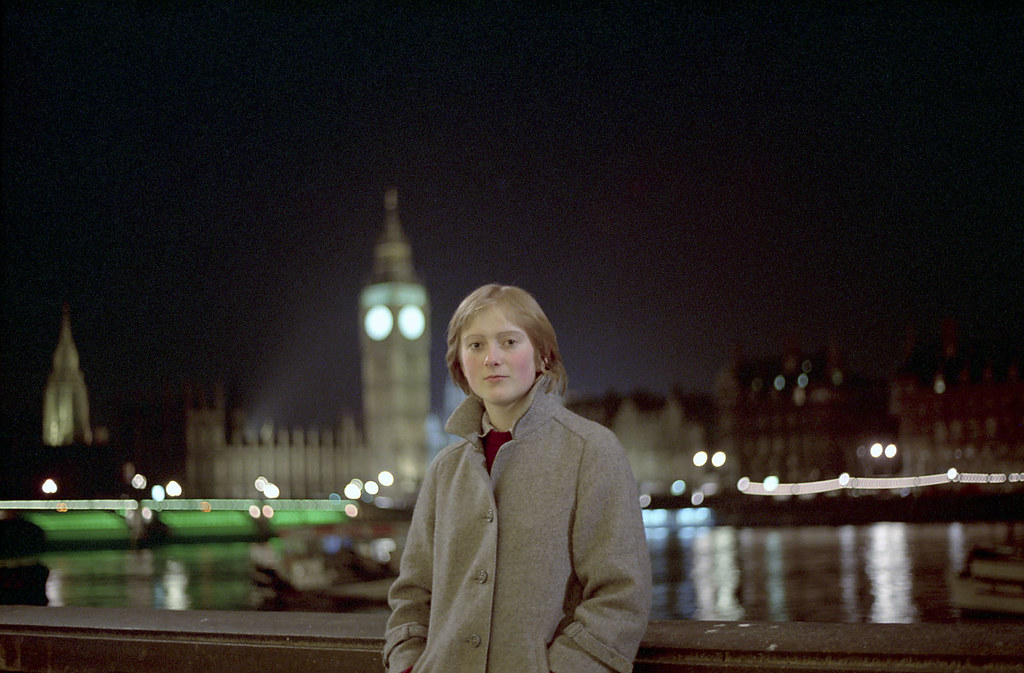Mullardman
Moderately extreme...
I know nowt about photo scanners, but Mrs Mull was glued to QVC this PM going on about one that they had on for about £70. Summit Photofix or somesuch. She was going on about it being able to archive all our old negs and a load of slides she took as a kid, to the PC.
So, is it worth it? Would you recommend different brands? Is this something that could be achieved with my normal 'printer/copier/ scanner + a bit a processing? We aren't interested in hyper quality stuff here, as most of our old negs will be pretty crappy things from Box Brownies, Kodak Instamatics etc.
Views welcome.
Mull
So, is it worth it? Would you recommend different brands? Is this something that could be achieved with my normal 'printer/copier/ scanner + a bit a processing? We aren't interested in hyper quality stuff here, as most of our old negs will be pretty crappy things from Box Brownies, Kodak Instamatics etc.
Views welcome.
Mull


